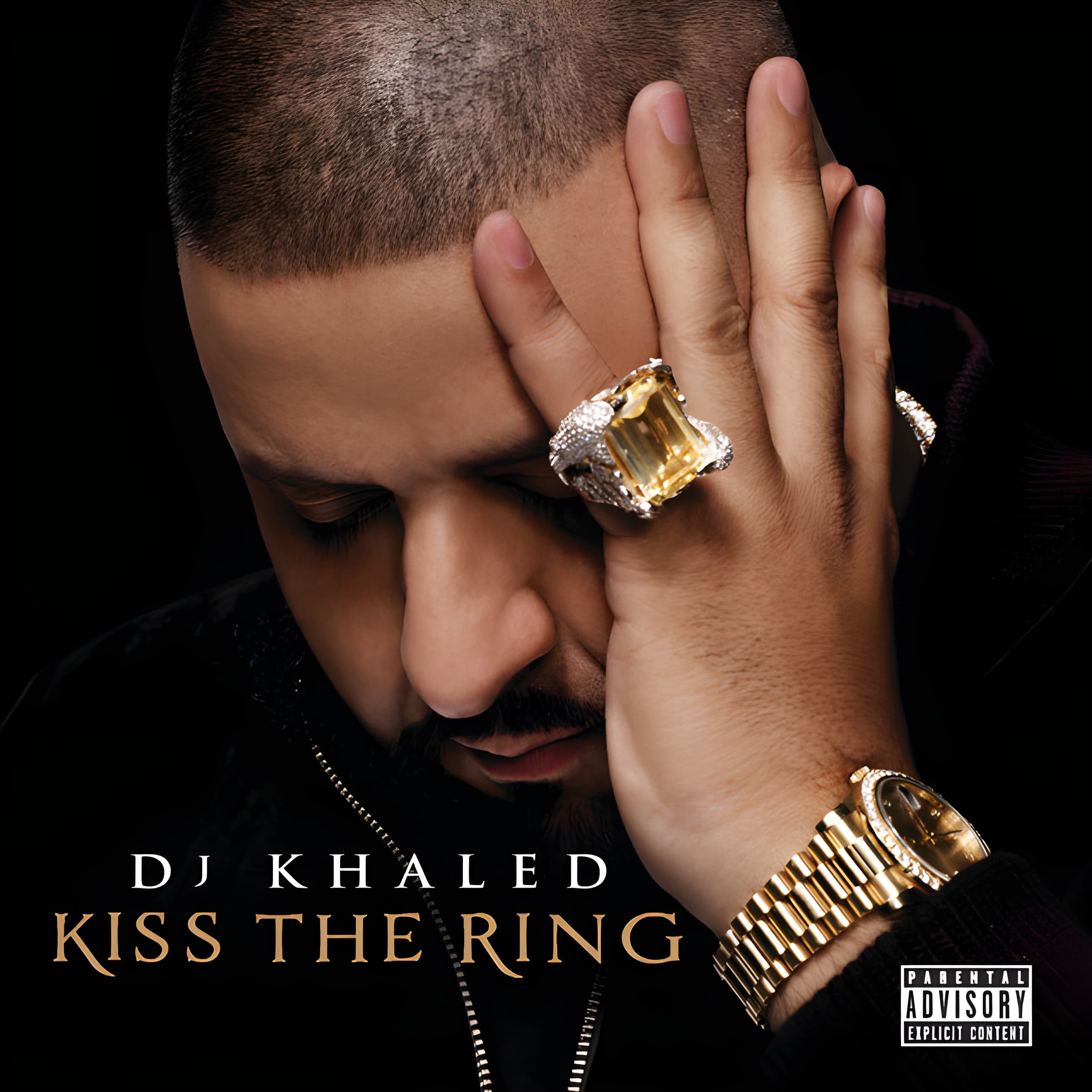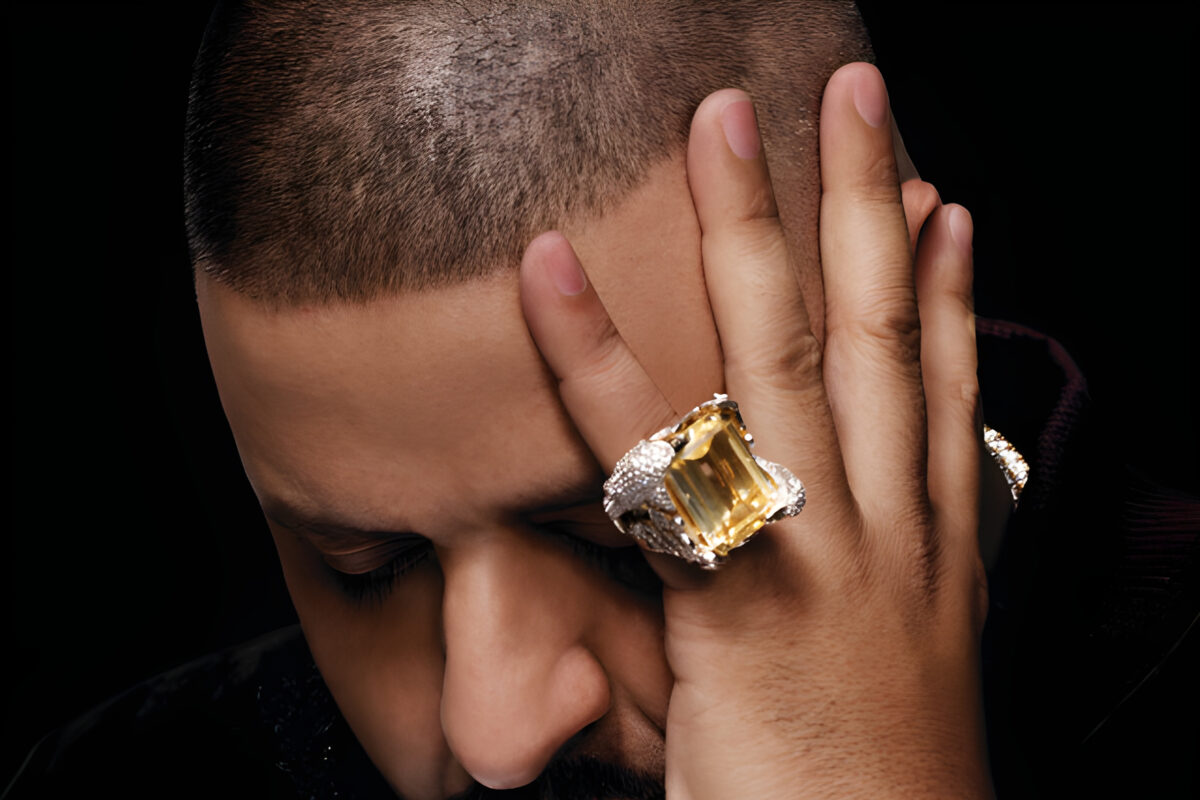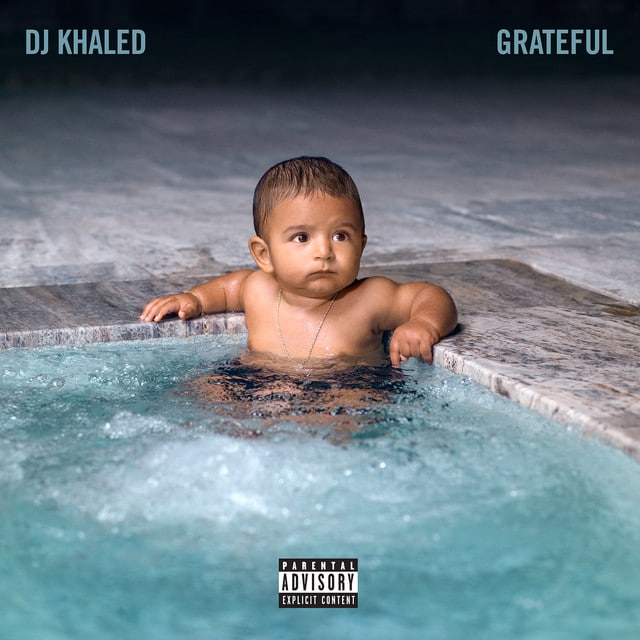Released: 2012
DJ Khaled’s “I Don’t See ‘Em,” featuring Birdman, Ace Hood, and 2 Chainz, is a braggadocious anthem that revolves around themes of success, wealth, and indifference towards critics and competitors. The artists express their prosperity and fame, contrasting their lavish lifestyles with the insignificance of their detractors, who they metaphorically claim not to see because their future and status shine so brightly. It’s an exhibition of opulence and triumph in the face of adversities and distractions.
The chorus sets the stage with the refrain “If I stand next to ice, then I’m camouflaged,” reflecting how their wealth blends in with the luxuries around them. The repeated assertion of not seeing “broads”—a derogatory term for women they consider unworthy or uninteresting—further emphasizes their focus on grandeur and not trivialities. Their futures are described as so “bright,” likening success to seeing only “stars,” signifying celebrity status and aspirational goals.
2 Chainz kicks off the first verse with references to extravagant spending and dismisses other people’s pretentious behaviors, often using hyperbolic imagery to portray his superiority. When he mentions “perpetrating on these niggas,” he implies others are pretending to live a lifestyle they haven’t earned. The rapper’s use of phrases like “my future’s so bright, that all I see is stars” reveals confidence in his path and a metaphor for ignoring those who do not meet his success standards.

Birdman and DJ Khaled’s voices pepper the song with brand associations and shoutouts, further branding their wealth. When 2 Chainz speaks of being “camouflaged” next to ice or lights, it signifies blending in effortlessly with affluent settings. His lyrical brag of “my shades on in the club” underlines his detachment from detractors while maintaining an aloof cool.
As Ace Hood joins in, he paints a vivid picture with luxurious imagery like “black shades, gold chain, and a Versace scarf,” reinforcing the high-roller lifestyle. Lines such as “swear you haters couldn’t see me if I glowed in the dark” illustrate the invincibility and invisibility his wealth affords him from critics’ negativity. It’s an articulation of outshining the competition so extensively they can’t even see his shine.
Ace Hood’s delivery of “two chains looking like it’s lightning doe” implies how his jewelry’s brightness mimics lightning, reinforcing his metaphorical electric presence in the industry. He declares no love for “bustas,” a slang term for fraudulent or weak people, demonstrating disdain for those who pose but don’t truly embody their claimed lifestyles. His persona as “Mister Fuck-your-bitch-and-leave-her” continues this swaggering dismissal of traditional attachments, emphasizing material over emotional wealth.
Birdman adds to the narrative with his verse full of large-scale drug operation references like “cooking up that raw hog” and “flip ’em and we bust ’em.” These lines suggest his illicit yet lucrative past ventures and a metaphor for financial success, employing hustle culture slang to elevate the magnitude of their empire-building endeavors. He warns against “perpetrating,” threatening consequences like “get your head bust,” again showcasing the cutthroat nature of this wealth-driven world.
Birdman’s repetition of wealth-associated terms like “a hundred million” and “new Bentley” signals his luxury and financial accomplishment. Phrases like “big yachts, brand new wings” provide listeners with imagery of wealth on a grand scale, symbolizing the continuous expansion and evolution of his influence and holdings.
Towards the song’s end, there’s an unyielding repetition of the core themes, almost like a mantra, reasserting the untouchable aura they’ve crafted. “I don’t see you broads” functions both as a literal indifference and a broader commentary on their status. By the conclusion, Birdman and DJ Khaled intertwine shoutouts with lyrics, reinforcing their omnipresence in hip-hop culture.
The song captures an era where such over-the-top boasts became integral to hip-hop identity, epitomizing how success and financial gains serve as shields against criticism. The repetitive motifs of wealth, visibility, and star-like status reflect the aspirations of not just the artists but the genre at large, offering listeners an immersive escape into the world of glitz and bravado.








